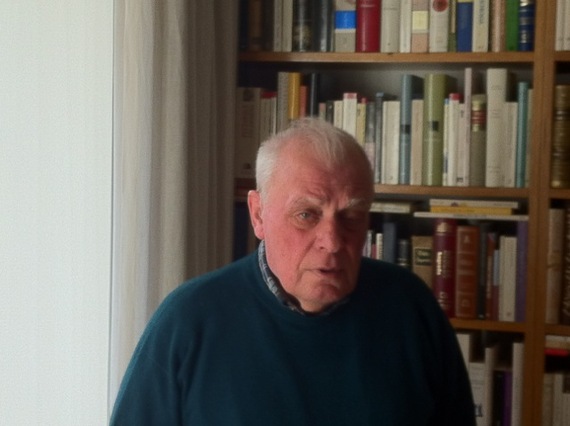Bartleby
Moderator
This is a space for sharing thoughts on António Lobo Antunes's works read for our WLF Prize in Literature project.

 themillions.com
themillions.com

 www.theparisreview.org
www.theparisreview.org
Feel free to share any links related to him, as well as ideas on where to start reading the author

Lost in Translation: The Curious Obscurity of António Lobo Antunes - The Millions
Considered by many to be Portugal’s greatest living writer, António Lobo Antunes’ relative obscurity in the English-speaking world is something of an enigma. Every October his name is among those bandied about for the Nobel Prize, yet mention him to most English speakers, even literary types...

Antonio Lobo Antunes on ‘The Land at the End of the World’
Portuguese author Antonio Lobo Antunes is the author of more than twenty books, including the novels The Return of the Caravels, Knowledge of Hell, The Natural Order of Things, The Inquisitors’ Manual, and What Can I Do When Everything’s On Fire? His book of newspaper “crónicas”—a free-form...
 www.theparisreview.org
www.theparisreview.org
Feel free to share any links related to him, as well as ideas on where to start reading the author
